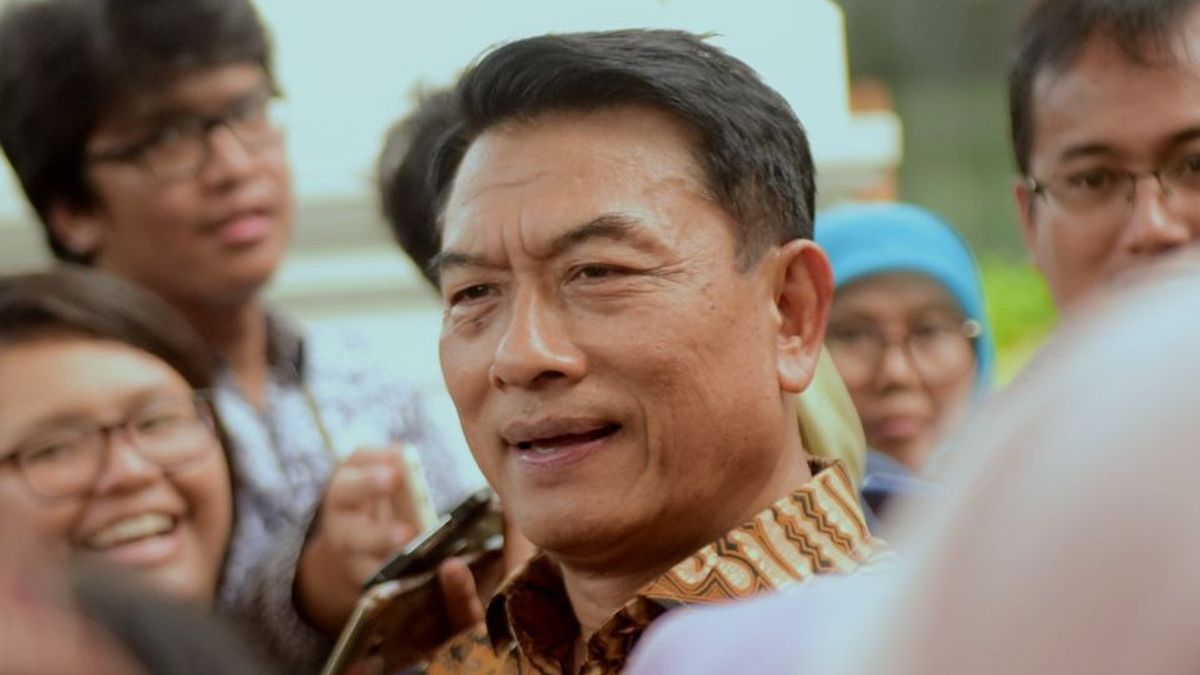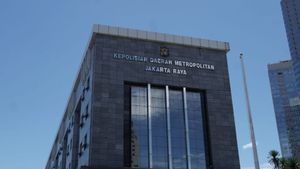JAKARTA - Presidential Chief of Staff Moeldoko said that MSMEs are the main motor which is believed to drive Indonesia's economic revival amid the COVID-19 pandemic.
"In the midst of difficulties, there must be opportunities and be smart to seize opportunities to be able to create innovations so that they can survive in this pandemic era," said Moeldoko as quoted from Antara, Friday, October 9.
Moeldoko said that MSMEs have a very important contribution to the Indonesian economy. First, MSMEs absorb the largest workforce.
Approximately 97 percent of the total workforce in Indonesia is in the MSME sector. In other words, most people rely on their income as business actors and workers in the MSME sector.
Second, from the output side, MSMEs make a large contribution to the national economy. About 60 percent of Indonesia's Gross Domestic Product (GDP) comes from the contribution of MSMEs. Third, cooperatives and MSMEs play an important role as instruments of community empowerment.
"MSMEs are an important part of the PEN program with a budget allocation of around Rp. 123 trillion," he said.
The stimulus and incentive programs for MSMEs include various programs including interest subsidies, both for People's Business Credit (KUR) and non-KUR. Placement of government funds in banks so that banks can channel credit to business actors, especially MSMEs.
Furthermore, credit guarantee. It is hoped that banks will not hesitate to channel their credit to MSME players. Financing to cooperatives through the Revolving Fund Distribution Agency (LPDB). Tax incentives, namely the final income tax for MSMEs borne by the government.
Productive Banpres for Micro Enterprises or BPUM in the form of grants worth IDR 2.4 million for each micro business actor. The goal is that micro businesses can continue to run, not having to close their businesses. This program is already running very well.
Moeldoko said that this pandemic had created opportunities related to the acceleration of going digital in Indonesia and technological innovation to support people's productivity.
The acceleration of going digital is in line with the development of the "less contact economy" (an economy with few contacts), such as the use of digital payments to make transactions, mobile banking, digital wallets, and so on.
"These opportunities need to be captured by MSMEs. Cooperation with digital platforms to market products is one of the options to survive in the pandemic era," he said.
In addition, he continued, UMKM players must also be smarter in marketing their products. Massive promotions are needed to encourage demand for MSME products, such as providing "cash back" and discounts that can be used to purchase MSME products.
Moeldoko also discussed a little about the Job Creation Law which is currently the concern of many parties. According to him, the law provides many opportunities for MSMEs to develop bigger.
In addition to ease of licensing, the Ciptaker Law is also the basis for the government to provide support for MSMEs through cluster development, land provision, aspects of production, infrastructure, marketing, digitization, partnerships, ease of fiscal financing facilities, tax incentives, ease of imports, and credit guarantees.
The English, Chinese, Japanese, Arabic, and French versions are automatically generated by the AI. So there may still be inaccuracies in translating, please always see Indonesian as our main language. (system supported by DigitalSiber.id)













